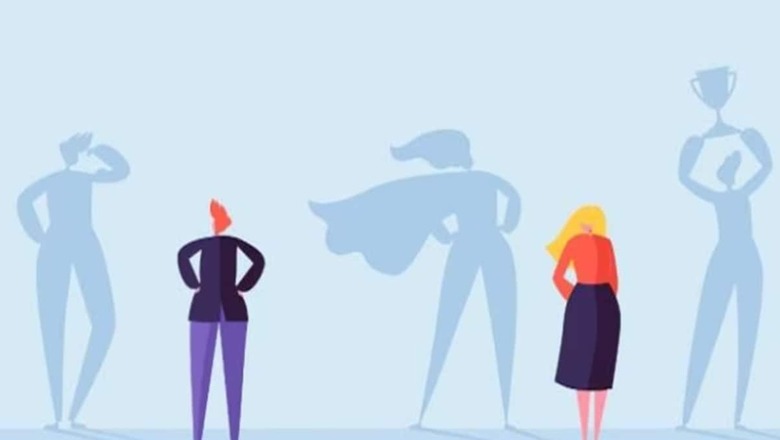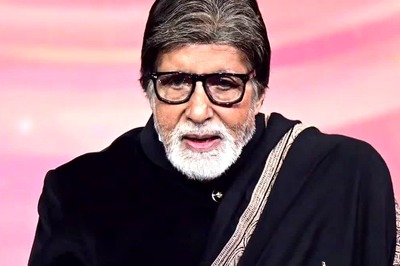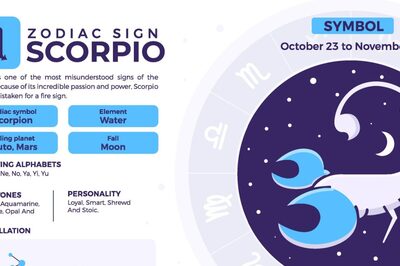
views
Every year, International Women’s Day celebrates the achievements of women and calls for continued progress towards gender equality. This year’s theme, “Invest in Women: Accelerate Progress,” highlights the critical role of economic empowerment in achieving true equality. But how empowered are women if they face significant barriers to accessing a crucial tool for financial well-being: credit? This International Women’s Day, let’s delve deeper and ask: Do women truly have equal access to credit, or are they still facing an invisible barrier that hinders their financial potential? How fintech is playing a role in bridging this gap?
Also Read: Viksit Bharat’s Working Women Want To Start Own Business, Survey Reveals Big Aspirations
According to the latest data by CRIF on women borrowers days before International Women’s Day, it was highlighted that the highest YoY increase in portfolio outstanding of women borrowers was witnessed in two-wheeler loan at 26% and personal loan 26% as of Dec ’23.
The data also highlighted that the highest YoY increase in active loans of women borrowers was witnessed in personal loan (52%) and property loan (39%) as of Dec ’23.
IndiaLends’ recent survey found whopping 76% of respondents expressed a desire to start their businesses. This entrepreneurial spirit signifies a growing ambition and a commitment to take charge of their financial futures.
Financial Inclusion
Pramod Kathuria, founder and CEO, Easiloan, says financial inclusion is key, enabling women to access banking and credit, fostering independence, and fuelling economic growth.
Kathuria highlights that government initiatives promoting financial literacy are pivotal, narrowing the gender gap and driving development.
Underlining the fintech sector’s role in the credit flow in India, Kathuria says, “The fintech industry is revolutionising banking and finance, with India now the world’s fifth-largest economy, signalling progress in financial inclusion. Yet, empowering women remains a significant challenge.”
Kathuria adds tailored financial products and collaboration between fintech and traditional institutions can further empower women, offering customised services and comprehensive solutions.
“With technology advancing and mobile accessibility increasing, collaborative efforts are essential for bridging the gender gap and driving financial inclusion,” Kathuria adds.
Digital Lending Solutions
Karan Desai, Founder, Interface Ventures, feels innovative solutions and awareness are the key to closing India’s credit gap.
“The industry needs to focus on tailoring digital lending solutions for women. With women owning 20% of MSMEs yet only 13% being active borrowers, addressing this disparity is critical. Apart from dedicated seminars, and workshops for women, our processes must aid women entrepreneurs. The effort is to empower women to achieve their entrepreneurial and personal finance goals, driving towards a financially inclusive future for every Indian woman,” Desai adds.
Financial Independence
Kunal Varma, co-founder and CEO, Freo, says, “At our core, we believe in making financial services accessible, affordable, and user-friendly, especially for women whom traditional banking systems have historically underserved.”
Varma adds that by leveraging technology, we’re able to offer tailored financial solutions that meet the unique needs of women, enabling them to achieve financial independence and contribute meaningfully to the economy.
Ekta, global head, corporate communications, BLS International, says empowering women in digital lending is not just about bridging India’s credit gap; it’s a transformative journey towards inclusivity and equality.
“When women are given the tools to succeed in the digital lending space, they gain financial independence and become catalysts for change in their communities. This is our opportunity to reshape the financial landscape, making it more equitable and inclusive for every Indian woman. By investing in their success, we are not just closing the credit gap; we are opening a gateway to a more prosperous and inclusive future,” Ekta adds.




















Comments
0 comment